The past relationship between Justin Bieber and music mogul Sean Combs, better known as P Diddy, has come under renewed scrutiny following Diddy’s recent arrest on sex trafficking and racketeering charges. Although Diddy denies all allegations and has pled not guilty, the nature of his former mentorship with Bieber, who was just 15 years old when they first connected, is sparking controversy.
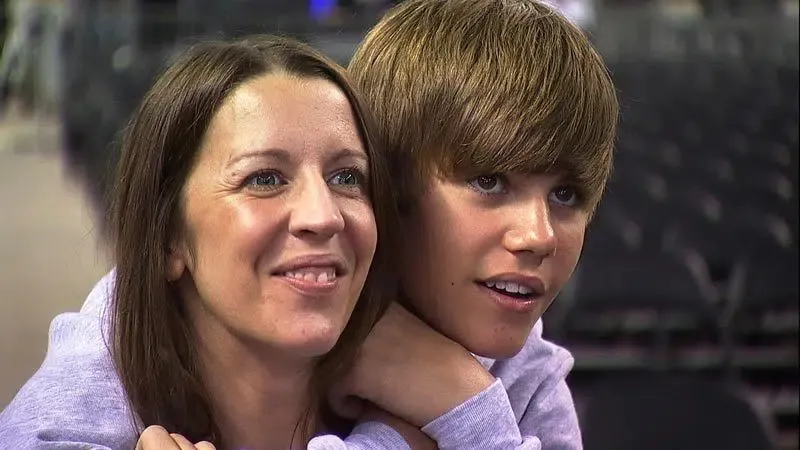
Diddy was a key figure during the early stages of Bieber’s career, introduced to him through Usher, another music industry icon. As a young teen navigating newfound fame, Bieber’s interaction with Diddy raised eyebrows even at the time, but it has come under more significant criticism now, especially from those familiar with the scene surrounding Diddy’s celebrity lifestyle.
Among the critics is former Playboy model Precious Muir, who has openly questioned the decision-making of Bieber’s parents during the singer’s teenage years. “There is no way that their parents should have left their children with this man by themselves,” Muir told Mirror US. “The parents should have been present at all times. I don’t know why the parents weren’t there protecting their child.”
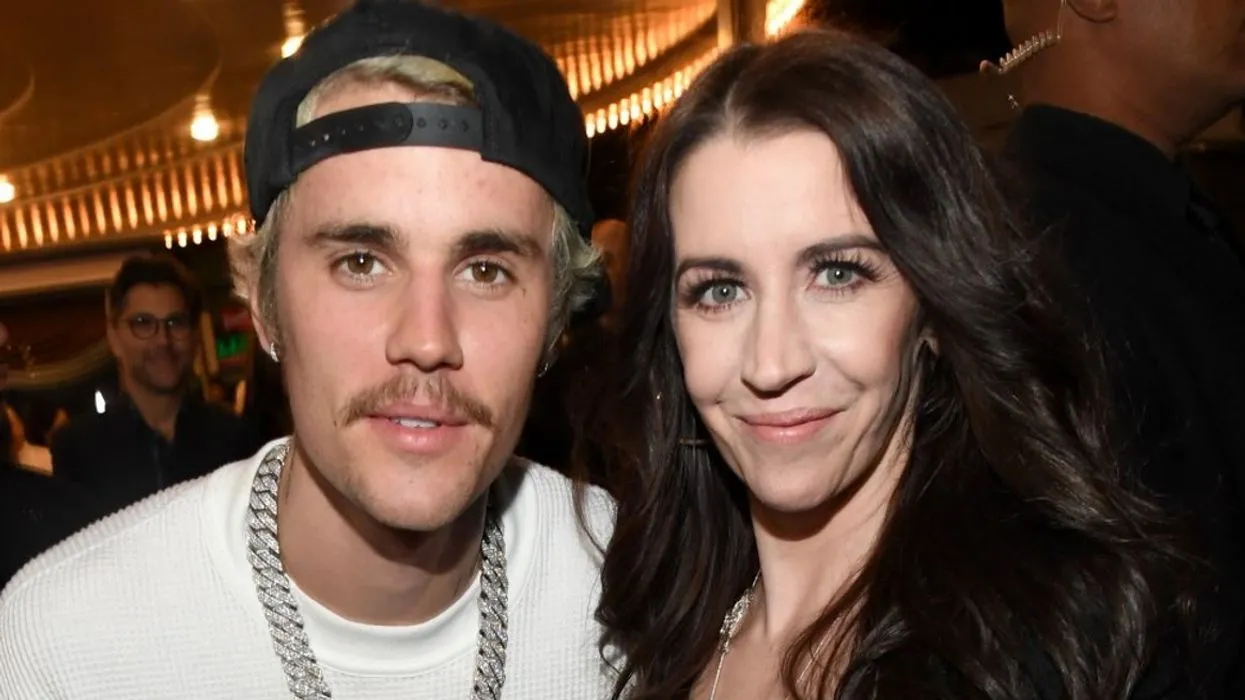
Muir, who attended Diddy’s renowned “White Parties” and witnessed the environment firsthand, expressed concern about the lack of safeguards for young attendees. According to her, children, including Bieber, were occasionally present at these gatherings during the day, but Diddy made it clear that they would have to leave when the real party began later at night.
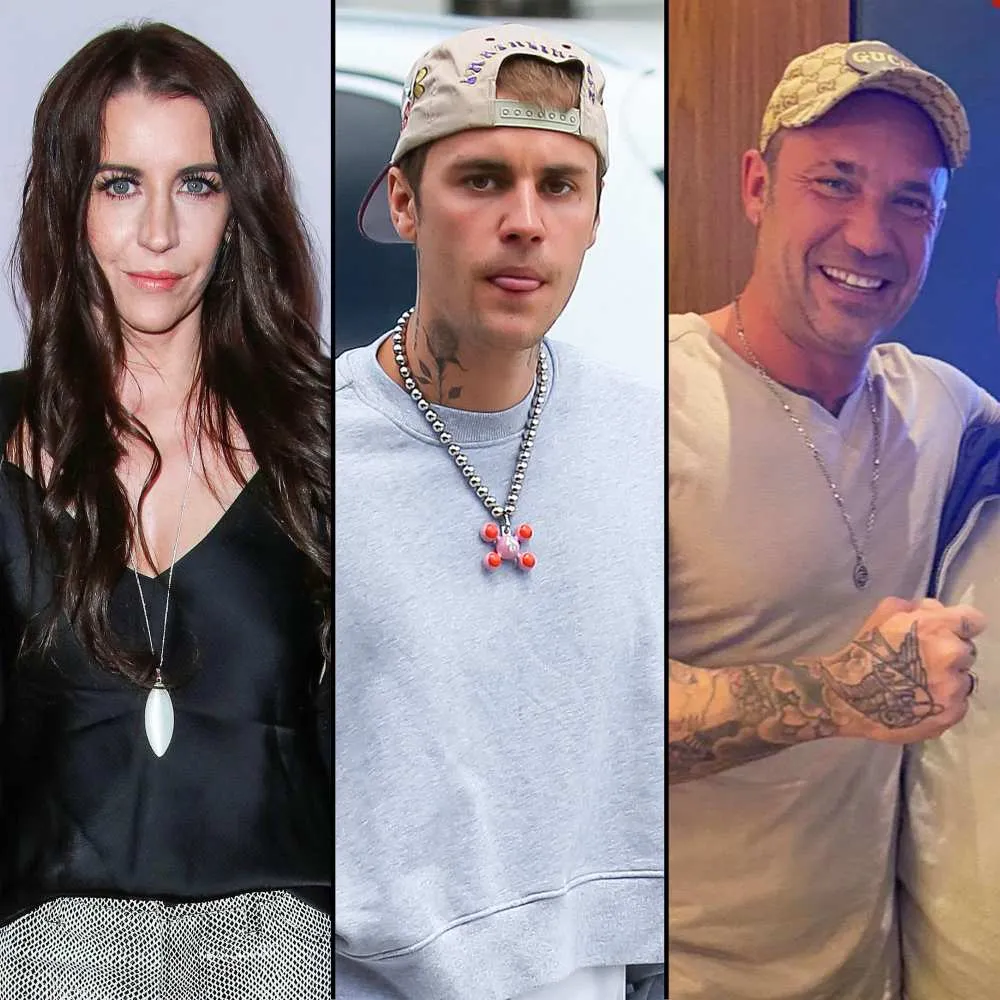
Muir criticized the lack of oversight by parents and managers, claiming that the young stars in Diddy’s circle were left vulnerable. “Nobody around Diddy is going to say, ‘No, you can’t do that.’ So you need to be there to protect your child,” Muir emphasized. She found it unsettling that parents would seemingly drop off their children with Diddy and return only when he deemed it time for them to leave.
The ex-Playboy model also referenced Diddy’s so-called “Flavor Camp,” a term associated with Usher, who previously spoke about staying at Diddy’s house when he was a young star under the guidance of L.A. Reid and LaFace Records. Muir believes such environments expose young artists to potential exploitation and emotional harm, warning that children need constant protection when placed in the entertainment industry’s demanding world.
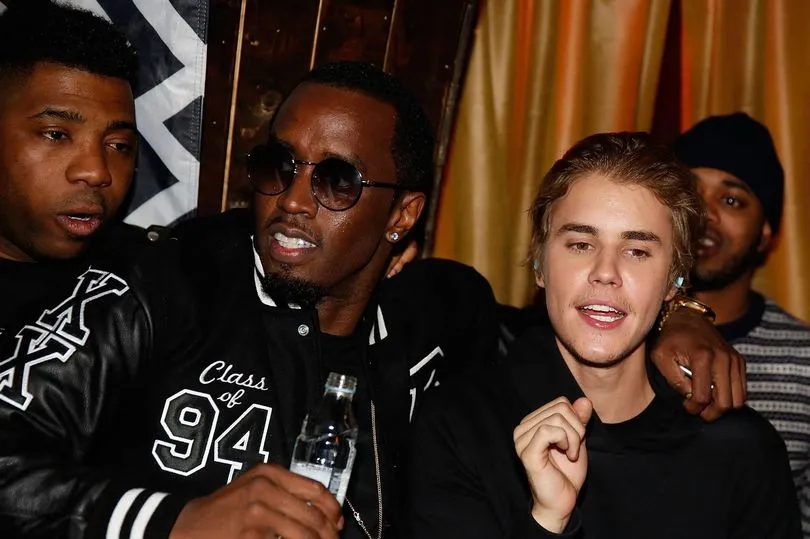
“If parents couldn’t be there, at the very least a manager or guardian should have been,” she insisted. Muir highlighted the challenges young stars face, noting that many child performers grow up struggling with mental health issues due to the lack of proper support. “They have lost their whole minds now as adults. They’re not even functioning because of the abuse they endured when they were children. They didn’t have someone on their side to protect them, and that’s what needs to be done now.”

Muir issued a stern warning to parents and managers of child stars, urging them to be cautious about allowing their children to spend time with influential figures. “Don’t just let some guy who you barely know convince you that it’s going to be okay. He’s good at that,” she said, referring to Diddy’s ability to persuade others. “Don’t let this man convince you that it’s okay for him to be hanging out with your child or letting your young child sleep over at his house.”
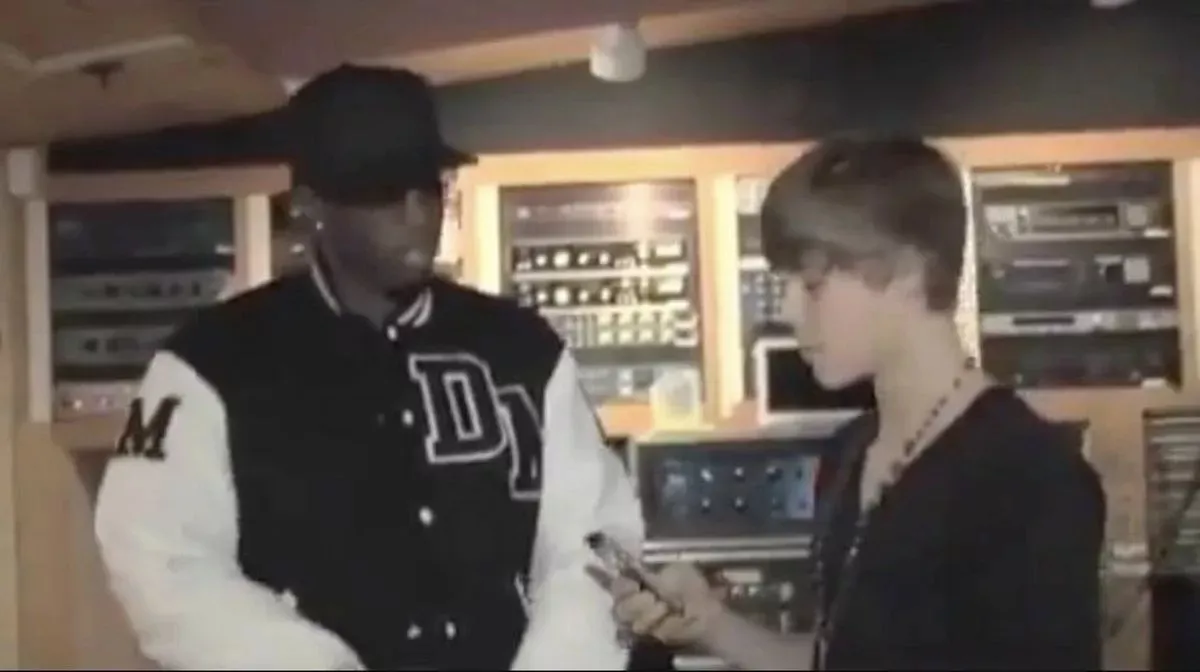
While neither Bieber nor Usher has been directly implicated in any of the allegations against Diddy, the revelations have reignited public debate about the responsibilities of parents and guardians in the entertainment industry. The incident raises critical questions about how young stars are introduced to powerful figures and whether enough is being done to protect them from potential harm.
As the investigation into Diddy’s legal troubles unfolds, the resurfacing of these past relationships serves as a reminder of the importance of safeguarding children, particularly in high-pressure environments like the entertainment industry. Bieber has not publicly commented on the allegations against Diddy, but the discourse around his formative years offers a broader reflection on the potential dangers faced by young performers.
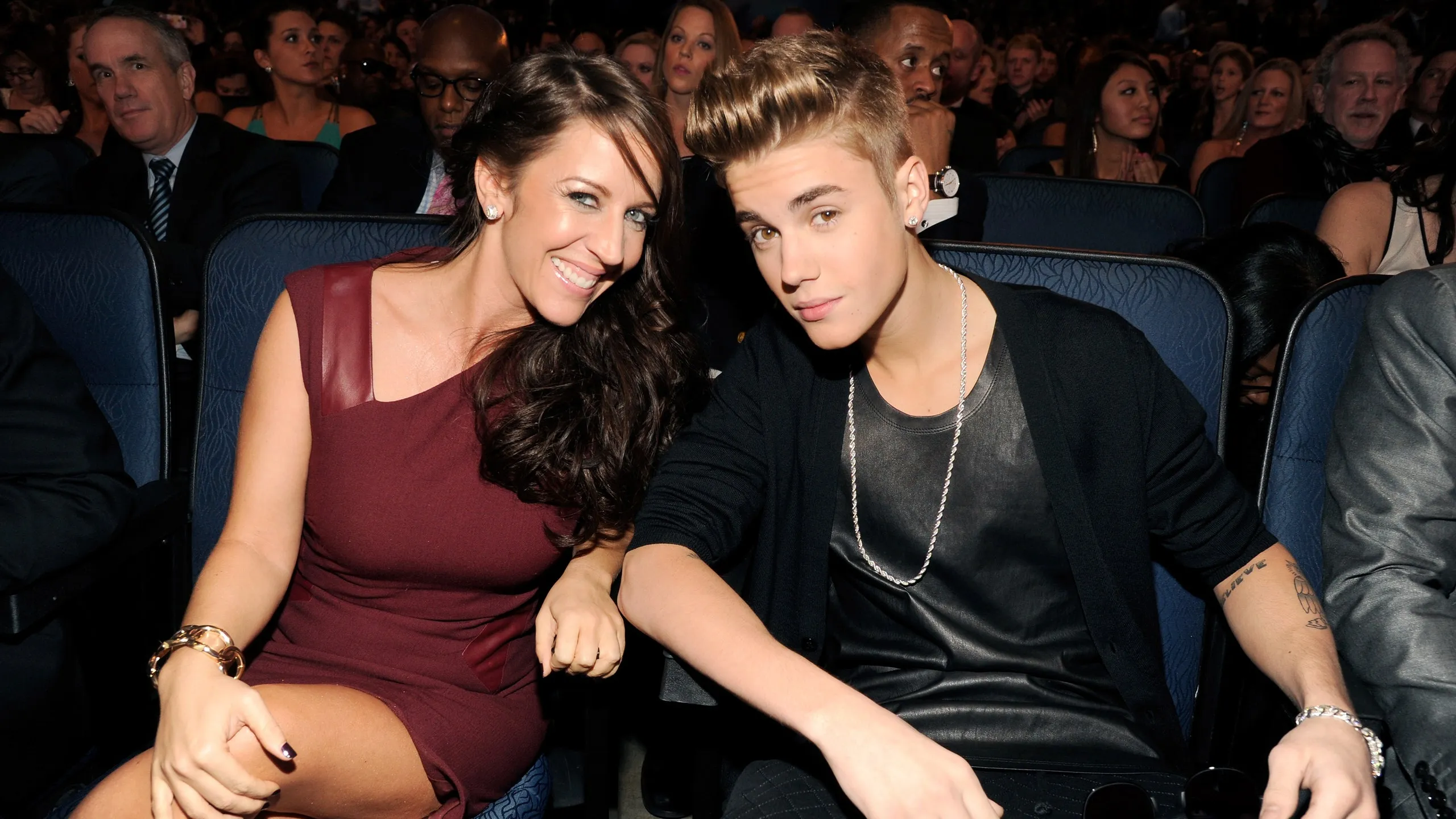
Muir’s remarks echo a growing sentiment that parents and managers must play a more active role in shielding young stars from situations that could compromise their well-being. Her insights suggest that it is not just about overseeing career choices but also about being present and vigilant in social environments where influence can become exploitation.
While Diddy maintains his innocence, the scrutiny surrounding his past relationships highlights the complexities of fame and the importance of accountability. Bieber’s connection to Diddy may not involve any wrongdoing, but it underscores the need for stronger protections for child stars who may be navigating adult worlds without the necessary safeguards.